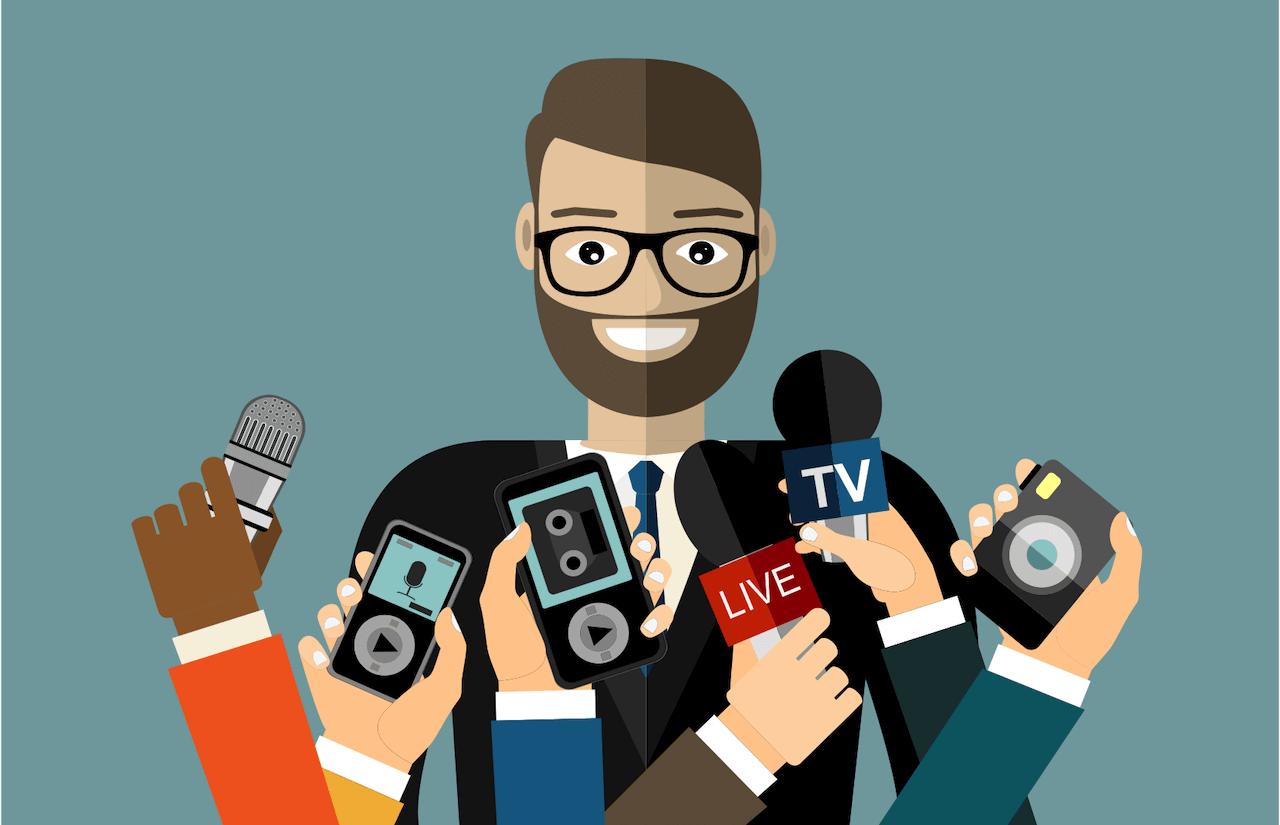
A person's first few media interviews are typically marked by anxiety. Aside from the stress that comes before and during the interview, even more extreme emotions such as shock and/or distress often set in when they view or listen to the final product.
The usual reaction is, "But I said so much more than that during the recorded interview. The reporter has edited so much of it. I'm not sure I've made an impact." When it comes to 'live' interviews, they might say, "I thought I'd be allowed more time to speak. The interviewer kept cutting me off before I could make my point."
It's no secret that unless it's a dedicated profile piece, for most interview formats (news, features that involve multiple interviewees, etc.), a reporter, writer or producer is likely to use only a portion of their recorded interview with you. In some cases, a TV reporter may only use a 10 to 20-second sound bite. An online reporter may ultimately only use a paragraph of what you said. During 'live' interviews, interviewers have to ensure that content is pacey and yes, they might cut you off if you take too long to get to the point.
Aside from time limits which traditional media outlets have to grapple with, all media including digital content creators have to consider their audiences' short attention spans and cognitive overload. It's therefore completely understandable that interviews are heavily edited.
Let's address this common complaint first. Instead of complaining about it after the fact, do what's within your control to prevent it. Let's face it. Long and unwieldy messages are more likely to be misinterpreted or heavily edited, increasing your chances of being misquoted or quoted out of context.
To minimise the need for correction requests, focus on expressing your points succinctly and powerfully. This won't eliminate the possibility of being misquoted or quoted out of context, but it'll certainly reduce it.
You need to sell your message in the shortest possible amount of time. Ask yourself how you can sum up what you're saying in a concise and conversational manner. How would you express your message to a friend who only has 30 seconds to spare?
In preparing your sound bites, ask yourself these questions:
Why are you talking about this issue?
Why should people care?
What do you want the headline of the interview to be? Work backwards from there.
In the midst of an economic crisis, perhaps your community of businesspeople needs more support from the government to tide them over this period. If your communication objective is to nudge the government to do more, you can express it succinctly by saying, "If the government doesn't act immediately, many of us will be forced to shut our businesses and lay off employees. No jobs means no consumption either. This will wreak even more havoc on the economy and affect all of us, not just the people in this sector."
This powerfully conveys why people should care.
If the interviewer appears open to hearing more, elaborate. But if there's a time crunch, at least you'd have already conveyed your central message.
Prepare how you might elaborate succinctly and powerfully if probed further, pushing forth one or two other key messages. However, don't be surprised if the additional content is not requested during a 'live' interview or if it's recorded, but ultimately not used in the final cut.
To ensure that reporters use your central sound bite and emphasise your central message, you need to stay on message. You may phrase it slightly differently the second time round, but always return to it and don't be afraid to preface the repetition with, "The point I want to emphasise is…"
Think about the follow-up questions you might be asked. For example, a reporter might ask, "How confident are you that the government will actually listen to your plea and do something?" Answer the question directly, then return to your key message which is the urgent need for government action. You can do this effectively by painting a picture of the consequences of inaction.
For example, you could say, "I really shouldn't make assumptions about the government's willingness to act, but I believe they will listen to reason. The important thing to remember is that if nothing is done now, the economic impact will be even more severe. Imagine a massive number of job losses, a large number of people not being able to put food on the table... We mustn't let things get to that stage."
This is essentially the same point you made in the earlier sound bite. Doing this inevitably draws the reporter's attention to your central message. Consequently, they're less likely to cut you off during a 'live' interview, more likely to ask you to elaborate with other key messages, and if they've recorded the interview, more likely to use the sound bite you want them to.
If there appears to be more time available, throw in a true story about an individual who's experiencing the effects of a job loss right now. Stories help make any interview more memorable. However, remember to tell it succinctly, or risk being cut off or edited.
Applying these principles to any interview will put you well on the path to being quoted in exactly the way you want to be.


